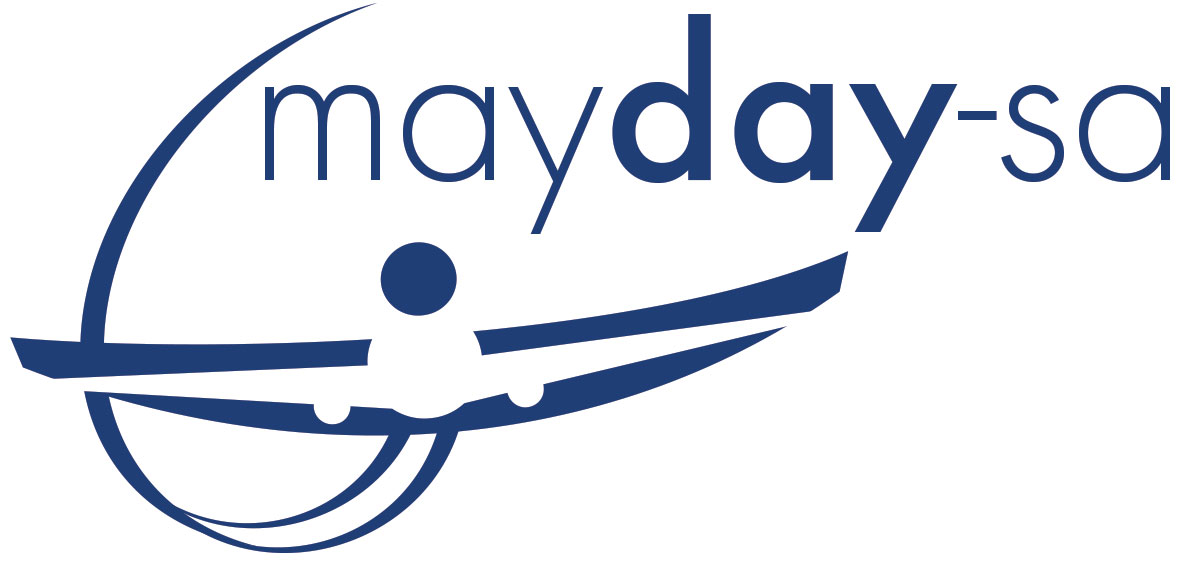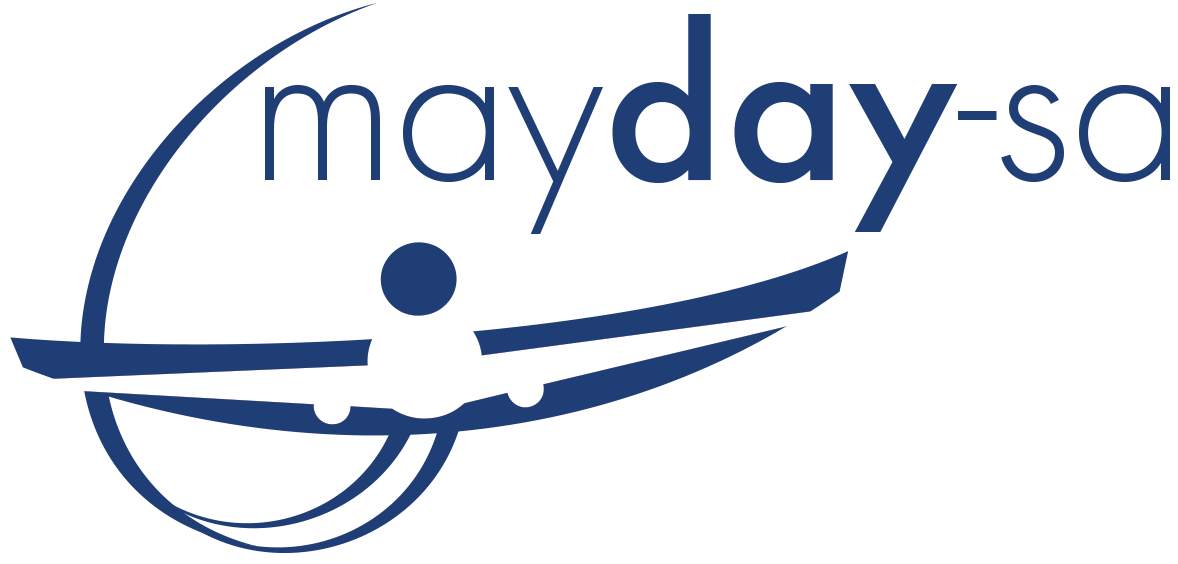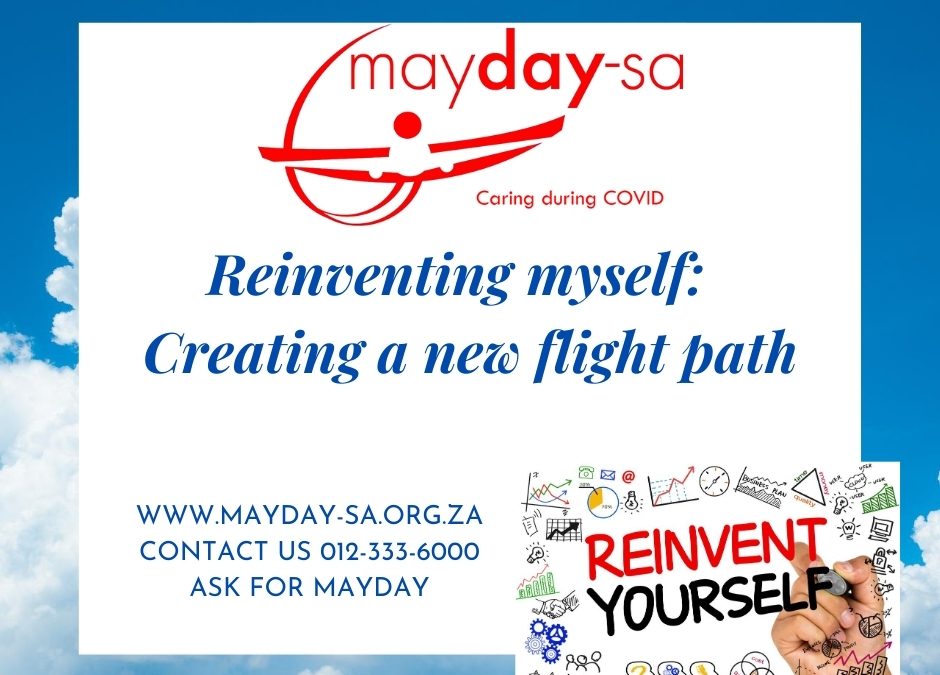The aviation industry is in unprecedented and turbulent times. Overnight, our flight path has suddenly changed from routing to our planned destination to diverting to an alternate with no guarantee we will ever reach the place we had originally intended to go.
During these uncertain times, your resilience relies on your ability to revise your flight plan and take decisive action. As with flight planning, your approach needs to be strategic and intentional to ensure you arrive at your desired destination. Although the flight plan may not be clear, here are some questions to help you develop an executable action plan required to reach your desired future. As these steps can be challenging and are a process, it may be beneficial to organise a crew to go on the journey with you. Family, close friends and colleagues can be instrumental in the process, act as a sounding board and offer alternative perspectives.
- How do I maintain a positive perspective?
- Could this be an opportunity for you to step back and reassess what you truly want in life?
- You now have a clean slate to explore anything you want to do in the future.
- Make a decision to shut down negative self-talk and self-pity and believe in yourself.
- Also remember that what you do/your job is not who you are.
- Whilst this may mark the end of a chapter, it is also the beginning of a new one! Look forward in anticipation and excitement to what lies ahead.
- What is my reason for being and what drives me?
- Allow your mind the freedom to explore what could be next.
- Ikigai is a beautiful way of life followed by the Japanese people for centuries and focuses on one’s reason for being.
- Answer four important questions: What do I love? What am I good at? What can I be paid for? What does the world need? The sweet spot or state of ikigai is reached when you find something that overlaps each area.
- Also ask yourself: what would my ideal day be? What drives me?
- Write your thoughts around each of the questions on a piece of paper.
- Do not be afraid to list the things you do not enjoy during this process.
- What is my value proposition?
- Acknowledge that you are unique and have something to offer the world that no one else can.
- Ask yourself: What are my strengths? What truly differentiates me from the crowd?
- This is a great confidence booster and will help you sell yourself.
- You cannot convince others of what you do not believe, so dig deep and be authentic in identifying your value and incredible worth.
- What skills can I transfer?
- Thoughts such as “I am just a pilot/aviator” or “I have no other skills or formal education” may be plaguing your mind. These thoughts are dangerous, limiting and untrue.
- Your skills are transferable across many disciplines, careers and professions, and are also relevant for success.
- Some examples of transferrable skills to consider include: excellent communication, teamwork, problem solving, adaptability and leadership. These are just a few examples of many more skills you may have that are critical to any job or profession.
- Research transferrable skills as an aviator, resources which can help you identify and articulate this well are available.
- What will make my CV standout?
- Draft a compelling CV for future employers.
- Sell yourself! Your CV is your biggest marketing tool and will open the door for an interview.
- Ask yourself: What do I want my future employer to know about me? Does my CV show why I am a good candidate for the role?
- Research the company and position you want to apply for, and tailor your CV accordingly.
- Research how to write a CV – again there are so many good resources available to help you. Also consider approaching companies that provide assistance in this regard.
- How do I position myself for success?
- This is all about getting the company to notice you!
- Many companies allow interested candidates to upload their CV and create professional profiles on their websites. If this option is available, exploit it fully! It is free, your CV will sit in the hands of their recruitment office, and it allows you to request job alerts.
- Conduct a gap analysis: what are my current skills, and what skills do I need for the job I want? If a gap exists, seek ways to gain those qualifications and ensure you are an eligible candidate.
- Find a mentor and glean guidance and advice from them. Mentorship is a great way to learn the ins and outs, pros and cons, advantages and drawbacks that may lie ahead of you.
- Consider volunteering, especially in your field of interest. It is a great way to gain exposure and experience. You also never know who may be watching and the employment opportunities that may arise from being spotted.
- Lastly, consider starting your own business! Have you had a dream of starting something but the timing never seemed right? Perhaps now is the perfect time to pursue that dream and be a job creator instead of a job seeker.
- Who is in my network?
- Establish a professional online presence by creating a profile on professional career networking sites.
- Follow the companies you wish to work for to ensure you receive alerts regarding their activity.
- Attend webinars, conferences or information sharing sessions in your area of interest. Often you are invited to make contact after the session with questions you may have. Exploit this opportunity to enquire about your field of interest. Engagement of this nature demonstrates zeal and tenacity and could open the doors for exciting opportunities.
- Never give up.
- True success is not the absence of failure, but the courage to persist despite failing.
- You may feel afraid, intimidated, overwhelmed, and even rejected from time to time, but please DO NOT GIVE UP.
- Keep running because slow and steady will win this race and your “yes” may be closer than you think.
Reference List:
Aviation Job Search. (n.d.). How to write a standout CV [Blog Post]. Retrieved from https://blog-aviationjobsearch-com.cdn.ampproject.org/c/s/blog.aviationjobsearch.com/how-to-write-a-standout-cv/amp/.
Bell, C. (n.d). Career type rating – encouragers and truths expressed through the ages.
Friedman, J. 21 April 2020. Reinventing yourself after a job loss. https://www.nextavenue.org/reinventing-yourself-after-job-loss/.
Henning, J. 5 October 2019. 14 ways to reinvent yourself after your career ends. https://sixtyandme.com/14-ways-to-reinvent-yourself-after-your-career-ends/.
Royal Aeronautical Society. 20 May 2020. Top tips for strategic career management. https://www.aerosociety.com/
Szaka, A. 24 May 2020. How to think about your transferrable skills as a commercial pilot. https://www.linkedin.com/pulse/how-think-your-transferable-skills-commercial-pilot-szakal-mraes/.
FOLLOW US ON FACEBOOK AND LOOK OUT FOR OUR NEXT ARTICLE ON MONDAY 10 AUGUST


